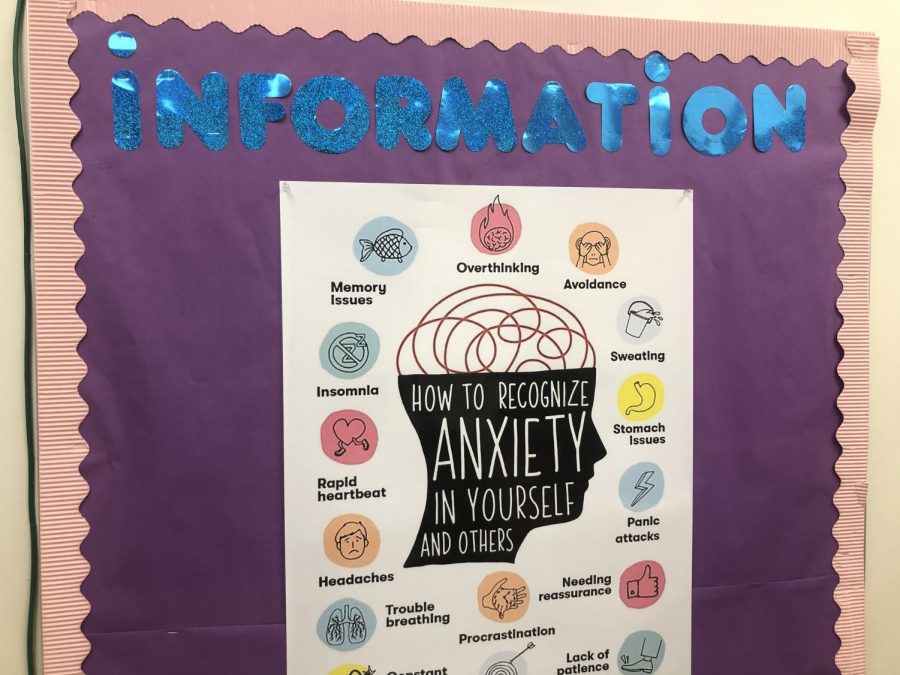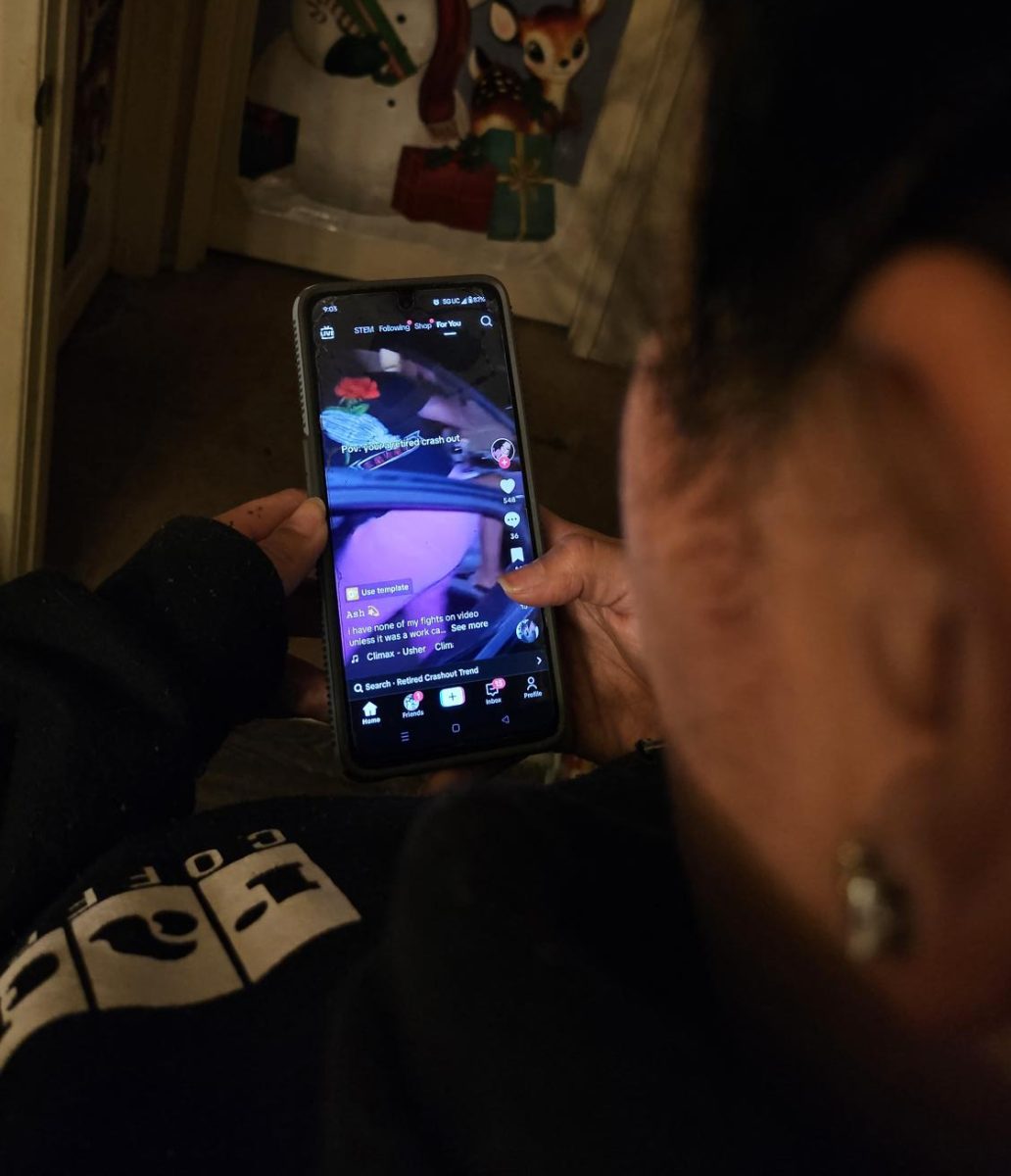80% of students who need mental health care do not receive it
Informing students the ways you can tell if yourself or others have anxiety.
March 2, 2020
Teenagers are in need of mental health help and are not receiving it, and the number is only rising. Without help, teenagers’ grades may suffer and drop, possibly leading to more distress. This can lead teenagers into a downward spiral that only gets worse the farther they fall.
A study was taken place by Meg Anderson and Kavitha Cardoza, they stated that “One in five kids living in the U.S show signs or symptoms of a mental health disorder.” The team explains that in a classroom of 25 students, five of them may be struggling with issues such as depression and anxiety. They further express that 80 percent of the children who need mental health services may not get the needed help.

The percentages on the struggles an individual has on mental health for students.
A study by the Suicide Prevention Resource Center (SPCR) claims, “Depression and anxiety can have harmful effects on relationships and work productivity.” The SPCR goes on to explain that students aren’t the only ones being affected, teachers and parents are affected as well. The study supports the idea that the campus may be affected as well when students are going through a lot, because students may start to do poorly on work or even drop out.
There are several ways for school staff to alleviate student stress. For instance, if a teacher notices a student behaving unusually the teacher should talk about it and support them with what they are going through. Damien Page, Dean of the Carnegie School of Education, suggests building a safe environment for students: “The evidence also shows that when students feel a sense of belonging, have good peer and teacher relationships, and feel listened to when they raise concerns, also helps to support positive mental health in schools.” Students struggling with mental health at school are not alone. Mr. Lima in the counseling office helps students who are in need of support, and students may be referred to the school psychologist if they need it. For those who are struggling there is always hope for you.






